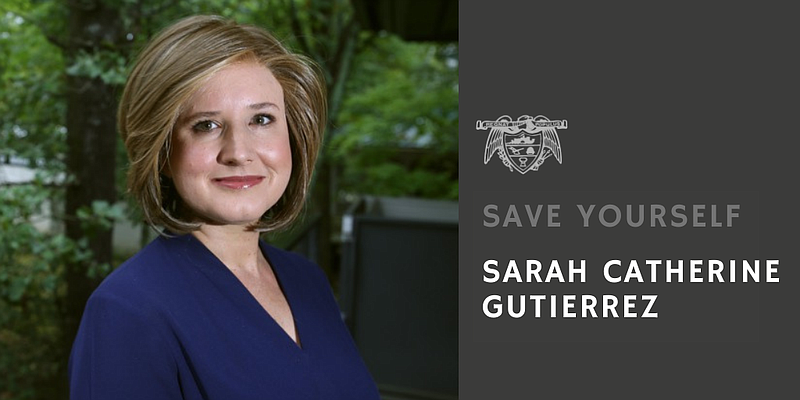Getting retirement-ready has never been more important. Covid-19 has forced many into retirement before they were ready. I teamed up this week with Linda Bessette, my mentor and semi-retired financial planner and author of Mindful Money. I asked her for specific retirement-age principles or money actions she lives by, and she gave me nine. While I think these can be extremely helpful for folks making the retirement transition, there is so much wisdom in these suggestions that all people who want to stretch their money could benefit from a quick read. Here we go:
- Review your insurance every year and get rid of any coverage you no longer need. Adding it all up always reminds me of the ridiculous amount of money that leaves the house every year in insurance premiums. I elect higher deductibles on my home and auto and can do that only because I have saved enough to afford to pay the deductible if something were to go wrong. Also, even though I am from New England, I try to drive my "cah" "cahfully," thus reducing the chances of having to pay the deductible in the first place.
- Review every automatic charge on your credit card or in your checking account -- we are constantly evaluating charitable contributions, streaming channels we no longer watch, magazines we no longer read, etc. Examining that list can be eye-opening, and even though each thing may not be that much money, the total can have a material impact.
- If you own a home, start a home repair reserve. Living on a fixed income means you can't afford fluctuations from expensive repairs. Take the value of your home and multiply by 1%. Then divide that by 12 to get a ballpark savings rate for repairs.
- Maintain your vehicles and keep them as long as you can. They are depreciating assets that, over time, become more valuable only to you in this way. Put a pencil to paper -- put in your car payment, your insurance, gasoline, maintenance, etc. Add it all up for a year, then divide by 12 -- that is what you can think of as your "transportation costs" each month. It is not uncommon for people to pay transportation costs of more than $750 per month. I bet you could think of 750 better ways to spend that money in retirement.
- Many people justify an expensive car in retirement because they like to drive 800 miles once a year to visit grandchildren and want a safer and more enjoyable ride. Remember that you do not have to own and maintain a new car for that one trip. Instead, rent a car for the trip -- and really have fun with it, renting a different car every trip -- and build the rental cost into the cost of the trip. It protects the car you do own and gives you something fun to add to an already fun trip.
- Think before you buy appliances. Let's say you need a new refrigerator -- before you leave the house, try to stay somewhat in touch with reality by realizing the main job of a refrigerator is to keep your food cold. How much are you willing to pay to keep your food cold? Think of what you really want the machine (any machine) to do before you become convinced your refrigerator needs to read off a shopping list, send your phone a text message when your ice is running low, or read recipes to you while you cook.
- People like to eat out at any age, but retired people have a slight advantage -- it is cheaper to eat out at lunch than at dinner. It doesn't mean you can't go out to dinner. It just means that if you and your friends have a choice, choose lunch if you're staying on a budget.
- In retirement, an important concept is making something last. Keep things until they reach the end of their useful lives (phones, laptops, all machines) and then try very hard to recycle them or pass them on to someone who needs them. We buy too much, we tear down too much, we upgrade constantly, etc. I don't think it's all that great for the environment, and I don't think it's a good use of people's money.
[Video not showing up above? Click here to watch » https://www.youtube.com/watch?v=JRWH06KB-DI]
- Get creative on what you need in retirement and always consider a "shared" purchase. If you want your yard done and your kids or friends' kids live close by, help with the cost of the tools in return for them doing your yard. I don't need to buy a lawnmower and cut my own grass at 70 (unless I choose to), but if my children want me to kick in some money for the lawnmower purchase in return for my yard getting done regularly, I'm good with that.
For some people, these savings will buy you the right to stop working if you are sick or tired, even if there is very little ability to do much more than manage to stay in your own home. Sadly, most people really don't have enough money to retire and live the same lifestyle as before. For those who do have more retirement budget flexibility, still consider these savings tips. Maybe the dumb fridge is the smarter choice because it allows you to spend on richer experiences, such as travel, gardening and trying new hobbies.
Sarah Catherine Gutierrez is founder, partner and CEO of Aptus Financial in Little Rock. She is also author of the book "But First, Save 10: The One Simple Money Move That Will Change Your Life," published by Et Alia Press. Contact her at sc@aptusfinancial.com.
